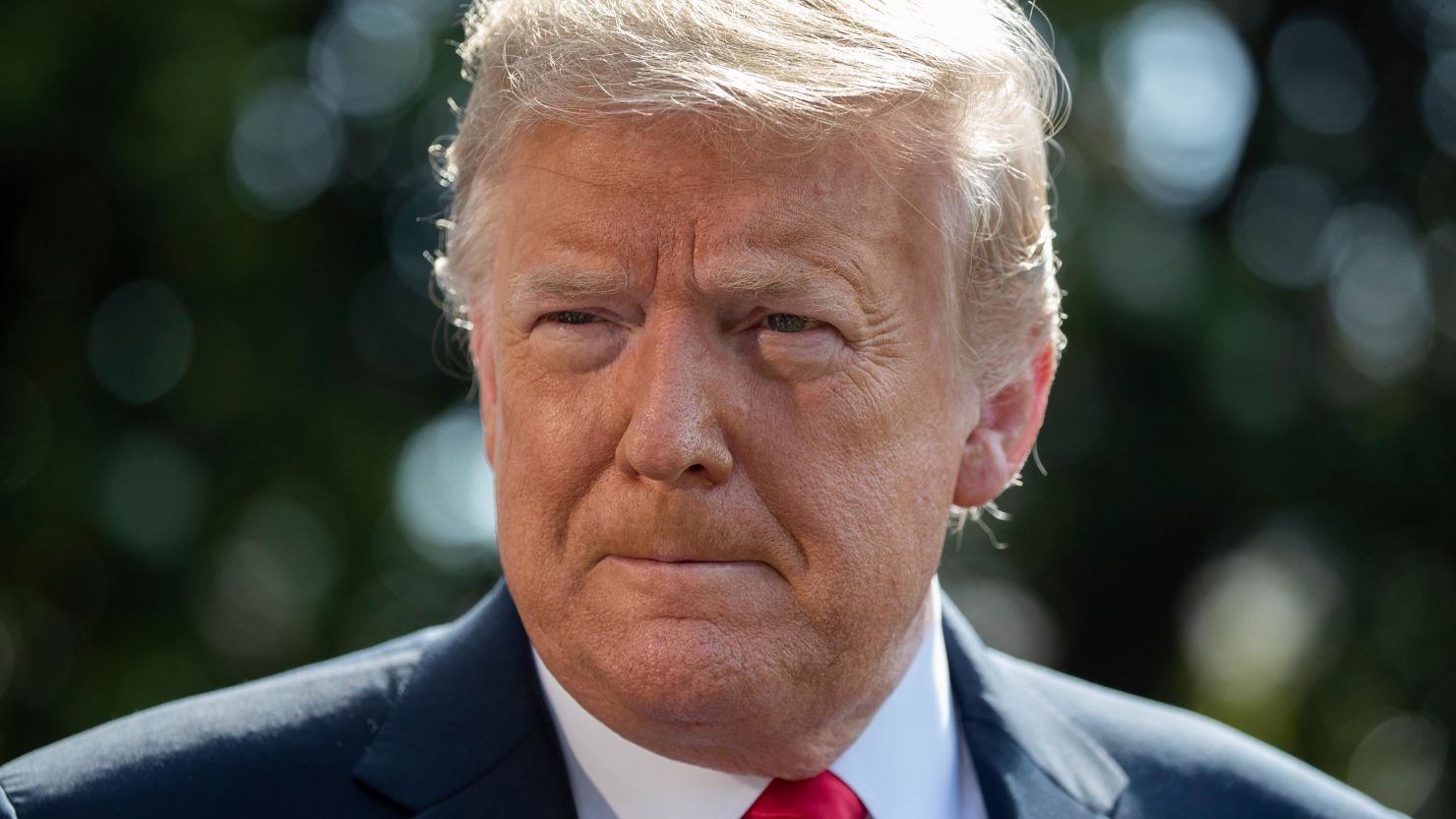The US Supreme Court, often considered a bastion of impartiality, is entering a pivotal phase as it grapples with two significant cases linked to former President Donald Trump.
One case involves the Colorado Supreme Court’s decision to exclude Trump from the ballot based on the 14th Amendment’s “insurrectionist” clause, and another potential case revolves around Trump’s appeal against a lower court’s rejection of his claim for absolute presidential immunity in his efforts to overturn the 2020 election.
These cases carry substantial implications for the 2024 election, thrusting the Supreme Court into a level of involvement in presidential politics not seen since the contested 2000 election.

The Supreme Court’s engagement with these politically charged cases challenges the conventional belief that it stands above politics. Over the years, the court has navigated sensitive decisions on contentious issues such as slavery, voting rights, civil rights, desegregation, interracial and same-sex marriage, healthcare, and abortion.
However, Trump has taken a unique approach, challenging the notion that judges are duty-bound to transcend partisan politics in upholding the rule of law.
Trump, who faces multiple criminal indictments, consistently seeks to undermine institutions that could hold him accountable, limit his authority, or counter his alternate realities.
His tactics involve discrediting these institutions, damaging their reputed impartiality. In the face of election losses, he alleges rigging; against truthful press coverage, he cries “fake news”; under investigation, he calls it a witch hunt; confronting indictments, he questions the grand jury’s impartiality; and following legal defeats, he condemns the entire court system as corrupt.
This victimization narrative has become central to his presidential campaign, emphasizing the perception that he is politically persecuted and driving his resolve to dedicate a potential second term to retribution.


